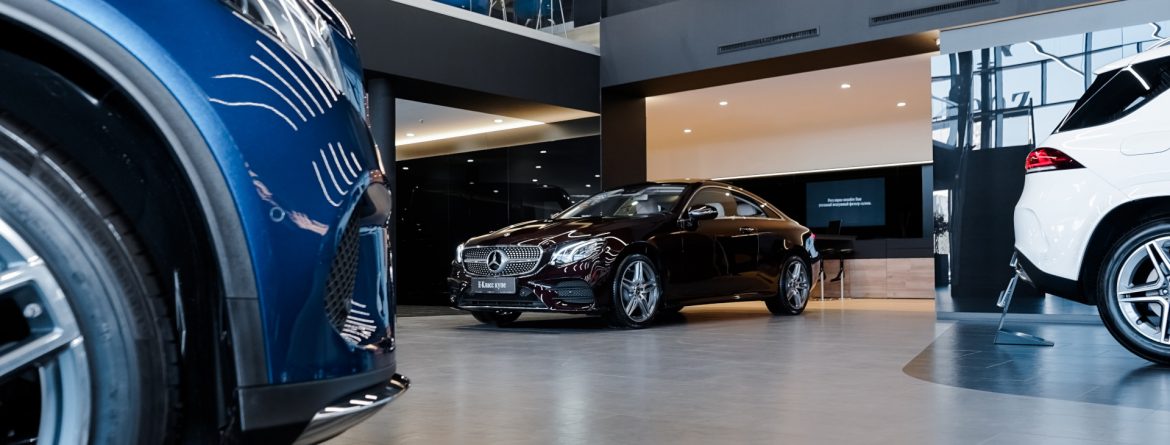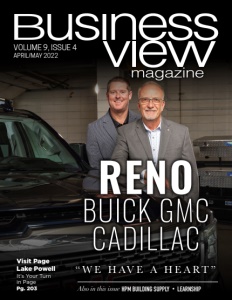Industry’s longest-running and most extensive study of 5,000 consumers uncovers new trends in vehicle pre-orders, vehicle purchasing/servicing, financing, streaming habits, and more.
Digital Air Strike, the leading consumer engagement (CX) technology company, has revealed the findings of its comprehensive 9th Annual Automotive Customer Experience Trends Study at the NADA (National Automobile Dealers Association) Show March 10-13, 2022, in Las Vegas. The study includes actionable consumer trends that auto dealers, lenders, OEMs, and other providers can leverage to improve the consumer’s vehicle and ownership experience.
Over 2,300 vehicle purchasers and over 2,700 service consumers from transactions in the previous six months were surveyed, with no pre-qualification criteria other than transactions occurring at this time. The consumers were not predisposed to be online shoppers. Respondents were 57% male and 43% female, aged 25-54.
The study provides compelling insights on the impact of the vehicle inventory shortage, online interactions that drive the customer journey, the importance of a dealer’s online and digital communication experience, and the platforms consumers prefer.
“The vehicle researching, buying, and ownership processes have changed exponentially since the onset of the Covid pandemic,” said Alexi Venneri, co-founder and CEO of Digital Air Strike. “This is the 9th year we have completed our trends study, and the data has consistently proven to be helpful for our dealers and the industry as a whole. Our team leverages it to ensure our technology is adapting to address changing consumer behaviors to give our dealers and OEMs a substantial competitive advantage.”
Top findings and takeaways from Digital Air Strike’s 9th Annual Automotive Customer Experience Trends Study include:
New Vehicle Pre-Orders Are Now Common, and Consumers are Willing to Switch Brands and Models with Less Price Sensitivity
- 1/3 of vehicle buyers felt significantly impacted by the inventory shortage. Of those:
a. 32% did not get their first vehicle choice.
b. 21% went to a different dealership.
c. 21% had to wait for the car they sought.
◦ Takeaways: Dealers retain more business by proactively presenting alternative vehicle options from stores across their dealership group. They need technology to help nurture prospects longer if they are willing to wait for a pre-order or alternate vehicle to come in stock. - 71% of vehicle buyers waited up to 3 months to get their pre-ordered vehicles.
a. 50% of those car buyers paid a $500 or more vehicle deposit.
◦ Takeaways: Including options for pre-ordering vehicles within market messaging will expand opportunities for dealers. This is especially important if dealers combine messaging to sell consumers a vehicle they have in stock paired with taking “earnest money” toward a pre-order and future vehicles, parts, and service. - 20% of consumers said the dealer didn’t keep them informed about the status of their vehicle order.
◦ Takeaway: Dealers with an ongoing communication strategy that leverages technology to continue customer communications, including vehicle delivery time, features, and the delivery process, will retain the business from pre-order deposits and protect the Customer Satisfaction Index, as well as generate more trade-ins.
Vehicle Purchasing and Researching Habits Have Changed
- 40% of consumers say they didn’t contact the dealership in their research process because the dealer didn’t include special offers in their marketing messaging. In addition:
a. 35% said vehicle prices were too high, up from 28% in the prior study.
b. 26% said there weren’t enough dealership photos.
◦ Takeaways: Providing transparent updates on vehicle pricing, incentives, inventory, and availability is a differentiator for dealers. Including information about F&I products, pre, during, and post-purchase is welcomed by consumers and will help increase ROI for dealers. - 60% of vehicle buyers, up from 49% in the prior study, say Google is the most trusted source when researching a dealership.
- 93% of vehicle buyers said online reviews helped in their dealership selection process, up from 88% in the prior study.
- 87% of service customers said online reviews helped select where they serviced their vehicle, up from 63% in the prior study.
◦ Takeaways: Google Business Profile is one of the highest performing platforms to present messaging about the dealership’s services, including inventory availability, reviews, Q&A, and offers with pricing and promotions. Reviews from other sites are incorporated into the Google Business Profile. Dealers need an all-encompassing strategy to ensure they present their business in the best possible manner. They need to use technology such as omnichannel messaging to follow up on the traffic Google generates.
Consumers Want Better Communication and Online Financing Options
- 60% of vehicle buyers and service customers prefer online and text communication when communicating with dealers, up from 47% in the prior study.
◦ Takeaways: Dealers can reach and convert more consumers by leveraging digital communication platforms such as texting and online chat. Consumers still respond to email but dealers should ask if consumers want a phone call instead of assuming that not using the preferred channels out of the gate can result in lost business. - 57% of vehicle buyers say the dealer responded within an hour from the initial inquiry, up from 52% in the previous study.
a. However, 9% of service customers, and 7% of car buyers, say the dealer never responded to their inquiry, compared to 3% in the prior study.
◦ Takeaway: Dealers can exceed consumer expectations and convert more leads by leveraging AI-enabled lead response technology, providing coverage for responding and interacting with consumers 24/7 just like the disruptors do. - 56% of vehicle buyers completed an online credit application for their vehicle, compared to 24% in the prior study who preferred to do financing online.
- 24% of vehicle buyers said they arranged for a vehicle pick-up or drop-off.
◦ Takeaways: Dealers who provide more test drive and buy-from-home options will increase sales. Technology can help enable easier scheduling and access to buy-at-home processes, assisting dealers in competing with the disruptors.
Vast Majority of Consumers are Streaming over Traditional Media
- 70% of consumers watched movies, sports, and shows on streaming platforms. According to Pew Research, in 2021, only 56% of Americans watched satellite or cable TV.
- 72% watched more shows and movies on streaming services vs. traditional broadcast TV and cable.
◦ Takeaways: As more consumers cut the cord, dealers now have a much lower-priced advertising option over more expensive traditional TV and billboard ads with more significant tracking and ROI. New technology from partners like Digital Air Strike working with Amazon allows greater targeting and specific vehicle inventory to be displayed. - 75% of car buyers and service customers have seen ads while streaming content.
◦ Takeaway: Dealers can use highly targeted streaming advertising and Amazon first-party data to reach this growing consumer group.
Methodology: The study surveyed 4,830 consumers who purchased or serviced a vehicle with a franchised dealership. The study participants were 57% male and 43% female. Of those, 43% of respondents had visited a dealership to purchase a new or used vehicle, while 57% had taken their car to the dealership for service. The results focused on consumers aged 25-54, the primary vehicle buying demographic. All domestic and foreign auto brands were represented across the United States. www.digitalairstrike.com

